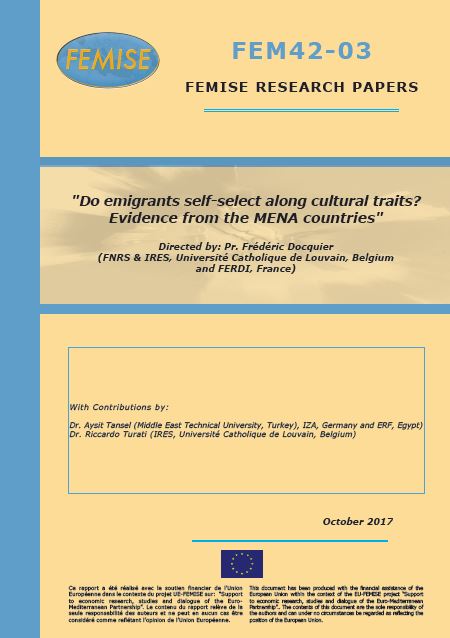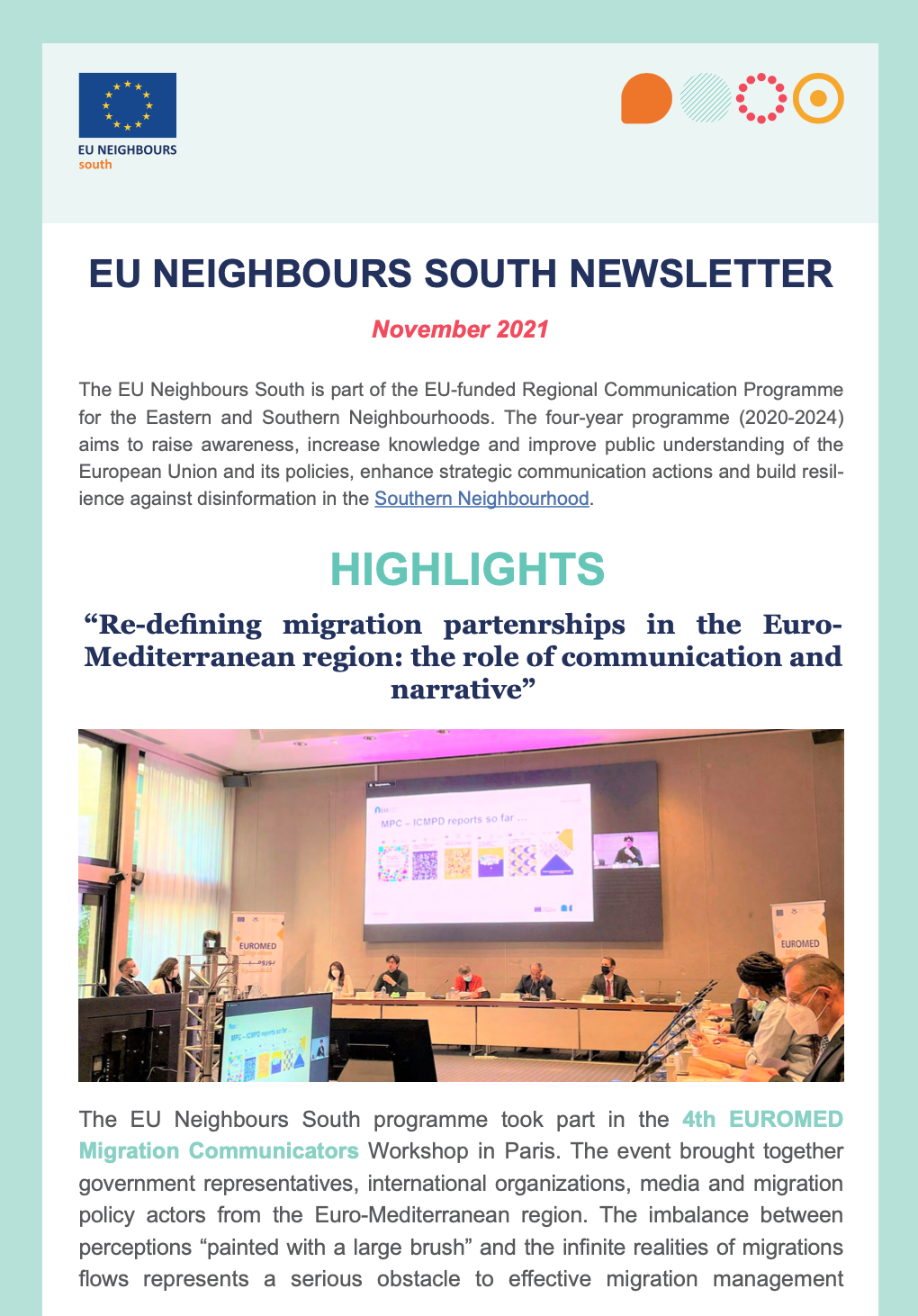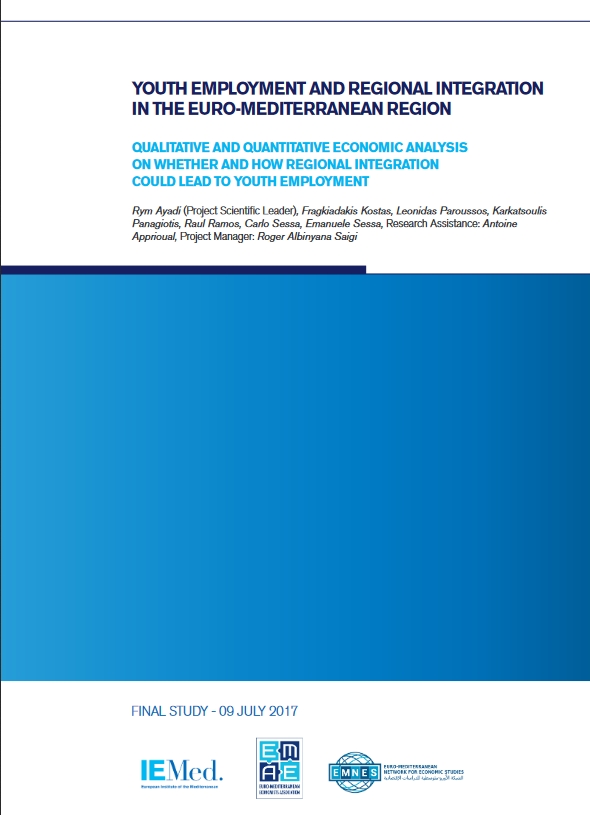Opinion Poll 2018 – Israel (factsheet)
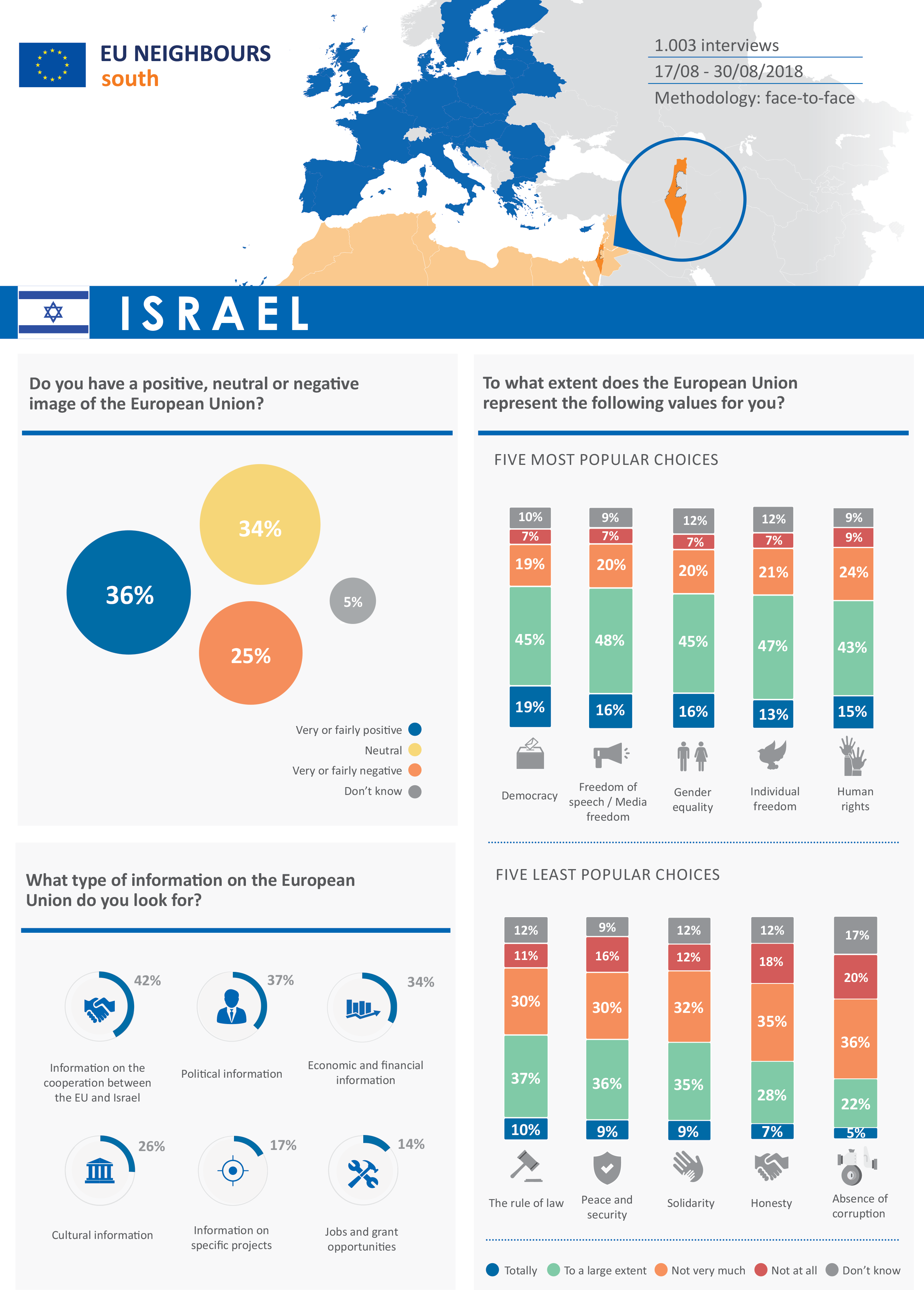
Israelis share values with the EU, but divided on relations, poll finds
Most Israelis feel that the EU and Israel share sufficient common values to cooperate, but they are divided about whether their country actually has good relations with the EU, according to the latest annual opinion poll in Israel, carried out by the EU Neighbours South project.
The survey – part of a wave of opinion polls carried out in seven southern Mediterranean partner countries – was conducted in Israel from August-September 2018, with 1,003 people consulted in face-to-face interviews. Respondents were asked about their general perceptions of the EU and the values with which it is associated, about EU relations with their country, and the impact of EU financial support. The surveys also look at preferred sources of information, how people feel about their personal situation and the situation in their country, and their expectations for the future.
In general, Israelis were far more sceptical about the EU than the other countries that were surveyed in the region (Jordan, Lebanon and Palestine in the Mashrek, and Algeria, Morocco and Tunisia in the Maghreb).
Asked to describe relations with the EU, 44% said they were good and 42% said they were bad, well below the average of 65% in the Mashrek who felt their country had good relations with the EU (74% in the Maghreb). Forty-four per cent of those asked felt the EU had a positive influence on the development of Israel (compared to 57% in the region), while 23% felt it had a negative influence. However, a majority (84%) of those who knew that the EU provided financial support to Israel said it was effective.
Most Israelis felt the EU and Israel had sufficient common values to cooperate (60% – close to the regional average of 61%), but had reservations about the EU being an important partner for Israel (only 49% agreeing). Only one in four agreed that the EU brought peace and stability to the region, while 64% disagreed.
In more general terms, Israelis were divided between those who had a positive image of the EU (36%), those who had a neutral image (34%), and those with a negative image (25%). The values most frequently associated with the EU were democracy, equality between men and women and freedom of speech or media freedom; those least associated with the EU were honesty and the absence of corruption.
Israelis feel EU support has contributed the most in the areas of tourism (39%), trade (36%) and access to more products and services (29%), but they want the EU to play an even greater role in trade and economic development.
In general, Israelis think that the European Union’s image in their national media is neutral. On websites, thirty-six per cent of them believe that the image is neutral while twenty-one per cent believe it to be very to fairly positive and eighteen per cent to be very to fairly negative. Websites are followed by radio (36% neutral, 21% positive, 15% negative) and printed press (34% neutral, 22% positive, 20% negative).
More than three-quarters of Israelis are satisfied with their lives (79%, compared to an average of 68% for the Mashrek). And they are bullish about the economic situation in their country (60% feel it is good, compared to just 37% in the region). Thirty-four per cent think their lives will get better in the next 12 months (only 7% think it will get worse), and 19% are optimistic for economic growth.
The EU Neighbours South regional overview report and factsheets are available here.
To find out more about EU – Israel cooperation and partnership, go here.
Latest Publications




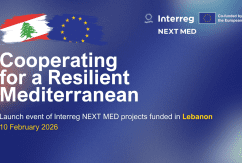



























 Syria
Syria 